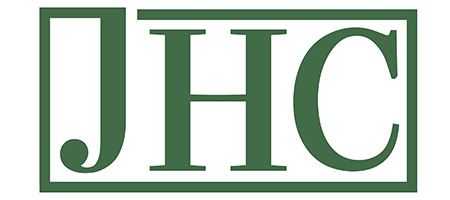The cash and accrual accounting methods are like sibling rivals because while one clashes with the other, you can see the resemblance. Even if you don’t take care of your own financial reporting, you need to know how each one works so you can decide on the best bookkeeping practice for your business.
Both methods have their pros and cons, but the one you choose can affect many parts of your business (including your tax liability, financial statements, and decision-making process). That’s why you need to know both methods and how they work.

The Differences Between Cash and Accrual Accounting
Cash accounting records income and expenses as they’re billed and paid, while accrual accounting records income and expenses as they’re billed and earned. As long as your sales are less than $25 million per year, you can use either method. But why would you choose one over the other?
With cash accounting, you record income as it’s received. You record expenses as they’re paid. Cash accounting only records your expenses when the money has left your account to pay suppliers, vendors, and other third parties. If you have a small stationary business that purchased paper supplies on credit in June but didn’t pay the bill until July, you would record those supplies as a July expense.
With the accrual method, your income and expenses are recorded when they’re billed and earned (regardless of when the money has been received. The accounting standards outlined by the generally accepted accounting principles (GAAP) say that using the accrual accounting method for financial reporting will provide a clearer picture of a company’s financial situation.
Small businesses can use the accrual method as their primary accounting method, but it’s not required. According to GAAP regulations, any company that’s either publicly traded or generates more than $25 million in sales revenue over a three-year period is required to use the accrual method.
Unlike cash accounting (which gives you a short-term overview of your company’s financial situation), accrual accounting will give you a more long-term perspective of how your business is doing because it will provide a more accurate picture of how much money you’ve earned and spent within a certain period of time.
Benefits of the Cash Accounting Method
Here are some of the benefits of the cash accounting method:
- It has a shorter learning curve.
- There are fewer items to record.
- It’s easier to track expenses and revenue.
Many small businesses and sole proprietors use the cash accounting method because of its simplicity. So if your business earned less than $25 million in annual sales and doesn’t sell merchandise directly to consumers, this method might be your best choice.
Advantages of the Accrual Accounting Method
Here are some of the advantages of the accrual accounting method:
- It creates a more accurate financial picture — It can give small business owners a more realistic idea of what their income and expenses look like within a specific time period.
- It conforms to GAAP principles — This is why companies that earned more than $25 million in annual sales are required to use the accrual method.
- It scales with your business — You may not be there now, but you could double or even triple your revenue in a few years (which may push you past the $25 million mark). If you already use the accrual method, you don’t need to switch over because it will grow with you.
Be sure to speak to a professional for more information.
The Disadvantages of the Accrual Accounting Method
Despite its advantages, the accrual method has its drawbacks. Some of them include the following:
- It requires more resources — Many small businesses see the accrual method as more complicated and expensive to implement, because it’s more complicated and requires more paperwork. The company records revenue before the money is received, so the cash flow has to be recorded separately to make sure you can cover your bills each month.
- It has an inaccurate short-term view — The cash method will give you a better picture of how much money is in your bank account. So if you don’t have good bookkeeping practices, using the accrual method could be financially disabling. Your books could show a large amount of revenue, but your bank account is empty.
If you’re looking for a CPA in Corpus Christi that can help you come up with the best accounting method for your business, be sure to reach out to Jennings & Hawley.
